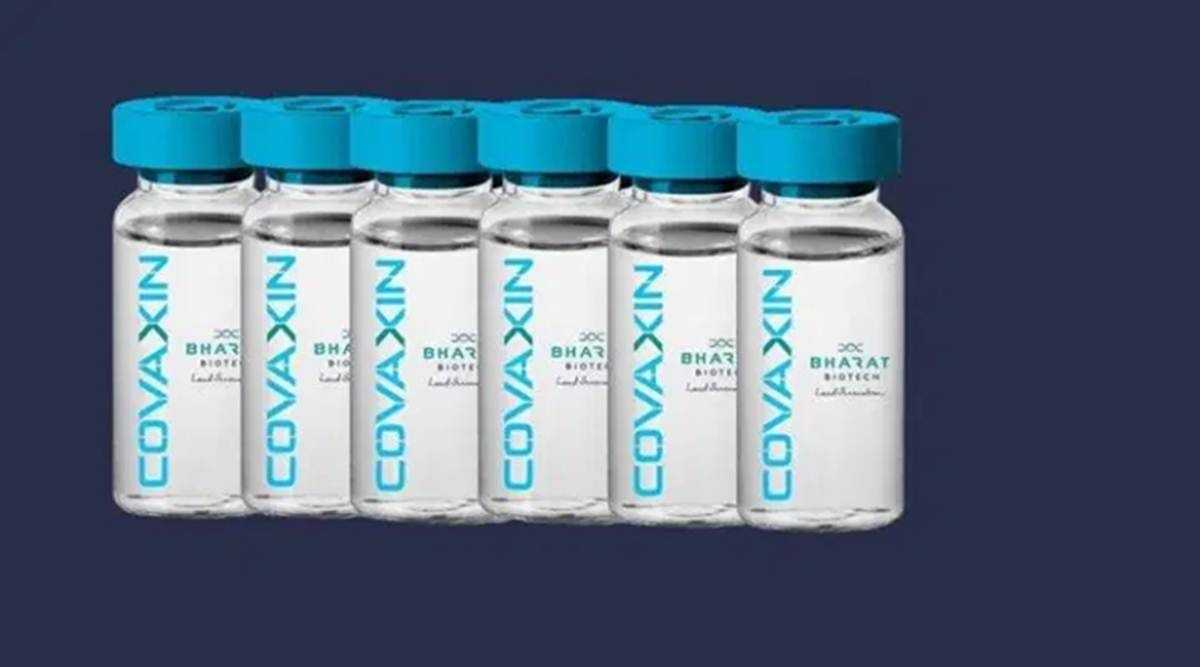
The Indian Express
Covaxin: Study finds reduction in replication of virus in rhesus monkeys
New findings of ‘animal challenge’ studies designed to find out whether the vaccine candidate can protect animals from the disease has shown the vaccine induced a strong immune response and protected monkeys from the infection.
by Express News ServiceHyderabad-based Bharat Biotech recently released study results of its indigenous Covid-19 vaccine candidate Covaxin.
Results show reduction in replication of virus in nasal cavity, throat and lung tissues of monkeys. Bharat Biotech recently tweeted that the results demonstrated the protective efficacy in a live viral challenge model.
New findings of ‘animal challenge’ studies designed to find out whether the vaccine candidate can protect animals from the disease has shown the vaccine induced a strong immune response and protected monkeys from the infection. The findings were posted recently on Research Square, an academic pre print server. They have to be peer reviewed.
https://images.indianexpress.com/2020/08/1x1.png
Bharat Biotech successfully developed Covaxin in collaboration with ICMR-National Institute of Virology. Researchers from ICMR-National Institute of Virology and other institutions had then assessed the protective efficacy and immunogenicity of the inactivated SARS-CoV-2 vaccine (BBV152) in rhesus macaques (Macaca mulata).
Twenty macaques were divided into four groups of five animals each. Monkeys in one group received a placebo, while those in the other groups received three versions of BBV152 slightly differing in their dose or composition. All monkeys received either two doses of the placebo injection or the vaccine candidate, according to the research paper.
Two weeks after the second dose, the scientists exposed the monkeys with SARS-CoV-2, depositing large amounts of the virus in the animals’ windpipes and both their nostrils. Seven days later, the scientists detected SARS-CoV-2 RNA, or genetic material, in the monkeys in the placebo group but the vaccinated monkeys had no detectable viral RNA. Viral genetic material was also absent in fluid samples from the lungs of the vaccinated monkeys, suggesting that the vaccine candidate had hindered virus replication and enabled its clearance from the lower respiratory tract. Subsequent lung examinations revealed moderate to severe disease in three and mild disease in two monkeys in the placebo group.